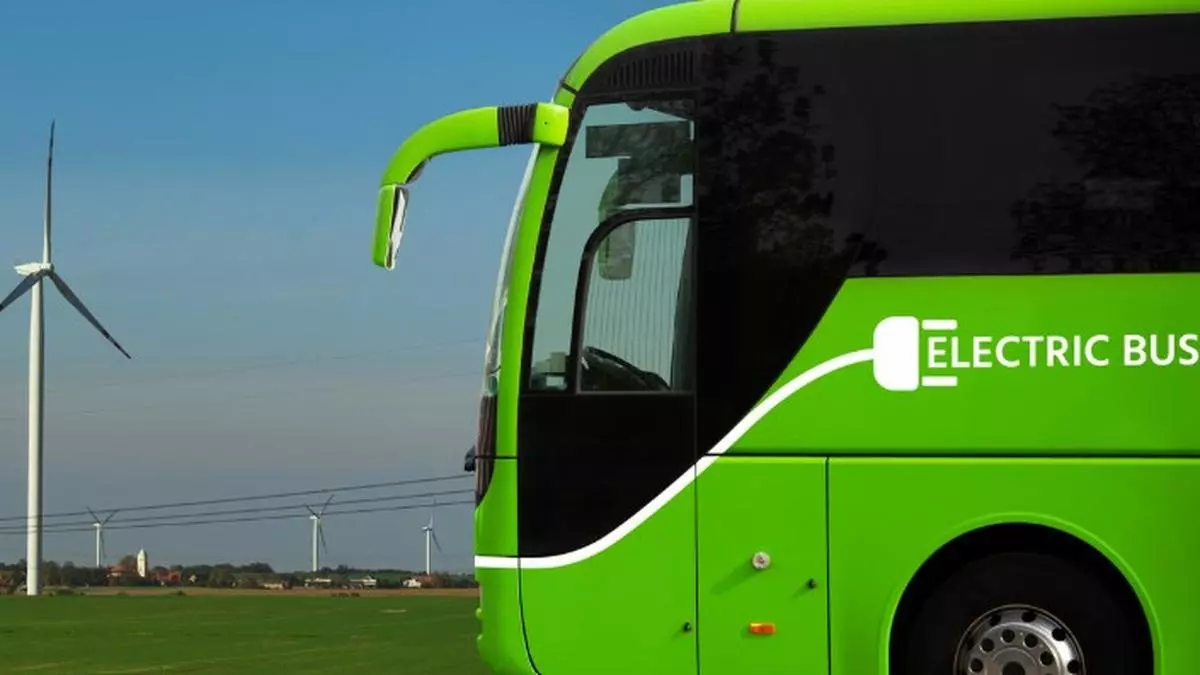
In Short : Delhi is launching 76 electric buses under the DEVI initiative to improve last-mile connectivity and promote green transport. These nine-meter buses will connect metro stations and key bus routes, especially in narrow lanes. Initially delayed due to national mourning, the rollout will resume soon. The project supports Delhi’s goal of deploying 2,000 e-buses by 2025.
In Detail : The Delhi government is preparing to roll out 76 electric buses under its Delhi Electric Vehicle Interchanges (DEVI) initiative. This move is aimed at boosting last-mile connectivity and promoting sustainable, zero-emission public transportation across the capital. These electric buses will operate from the Ghazipur depot and are set to run on shorter, approximately 12-kilometer-long routes.
These buses will function as feeder services to connect commuters to metro stations and major Delhi Transport Corporation (DTC) bus routes. The smaller, nine-meter-long electric buses have been designed to easily navigate through narrow streets where conventional large buses often face difficulties. Each bus can seat 23 passengers, with standing room for 13 more.
To support women commuters, six seats on every bus will be reserved exclusively for them. Additionally, the Delhi government’s Pink Pass scheme will allow women to travel free on these buses, with 25 percent of the total seating capacity dedicated to this initiative. This is part of a broader effort to make public transport safer and more affordable for women in Delhi.
Originally, the inauguration of the buses was scheduled for April 22, 2025. However, it was postponed due to the national mourning period declared after the passing of Pope Francis. Delhi Chief Minister Rekha Gupta confirmed that a new date for the official launch will be announced soon.
The DEVI initiative is part of a larger plan to deploy 255 electric buses in its first phase, operating from depots in Ghazipur, Nangloi, and East Vinod Nagar. Some of the initial routes will include Anand Vihar ISBT Terminal to Keshav Nagar Mukti Ashram, Seemapuri to Old Delhi Railway Station, and Anand Vihar ISBT to Swaroop Nagar and Kapashera Border, among others.
This effort is aligned with the Delhi government’s electric vehicle policy, which targets the deployment of over 2,000 electric buses by the end of 2025. The DEVI scheme not only enhances public transportation but also contributes to reducing air pollution, supporting a cleaner and greener urban environment.










